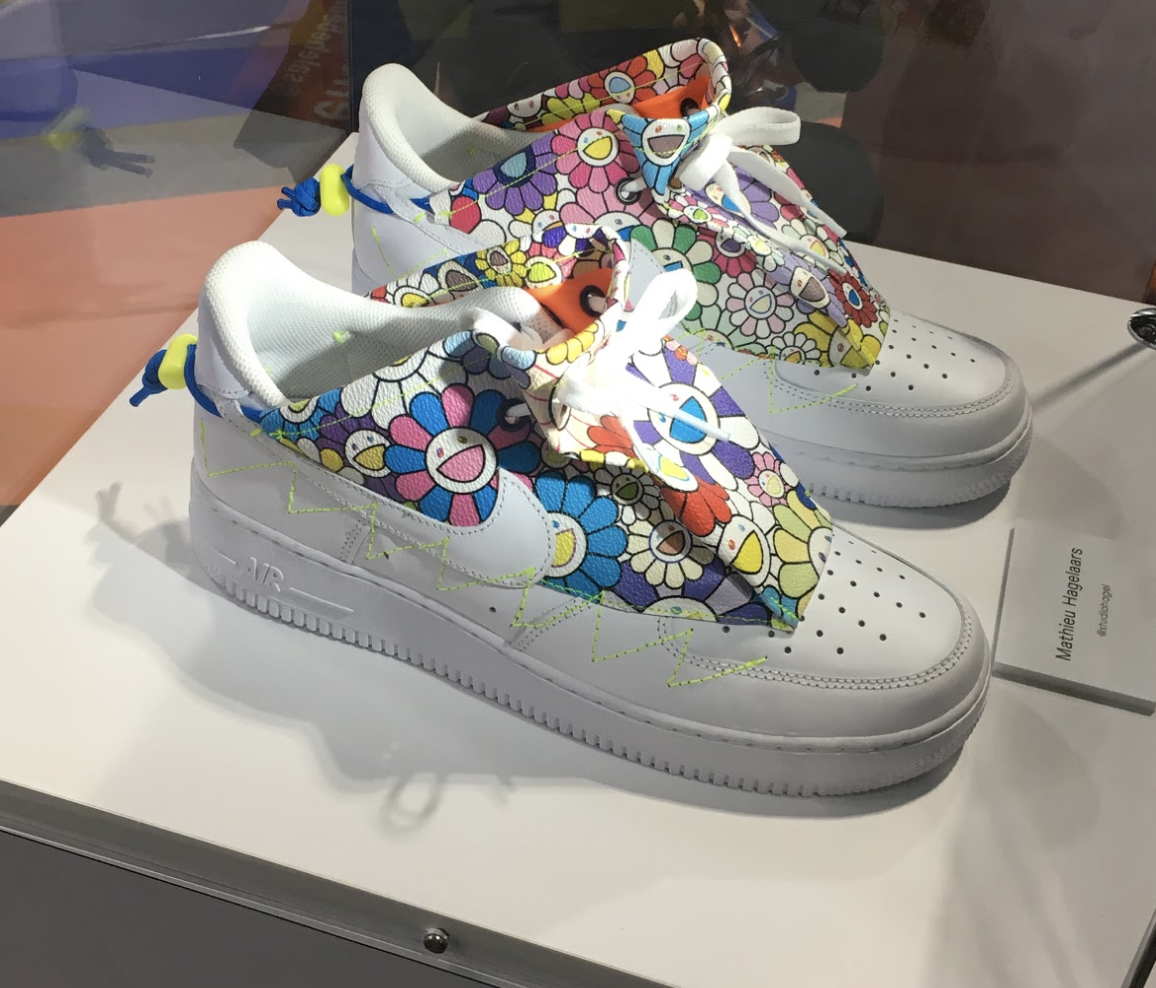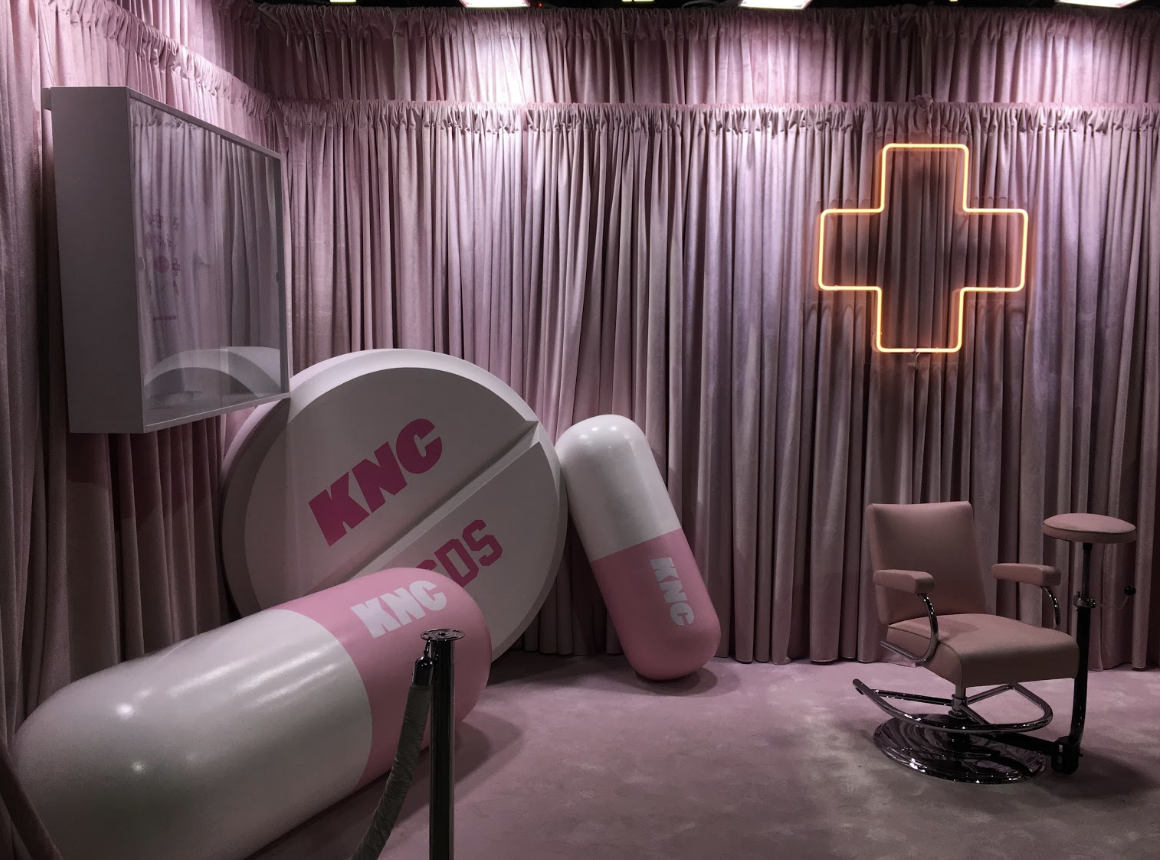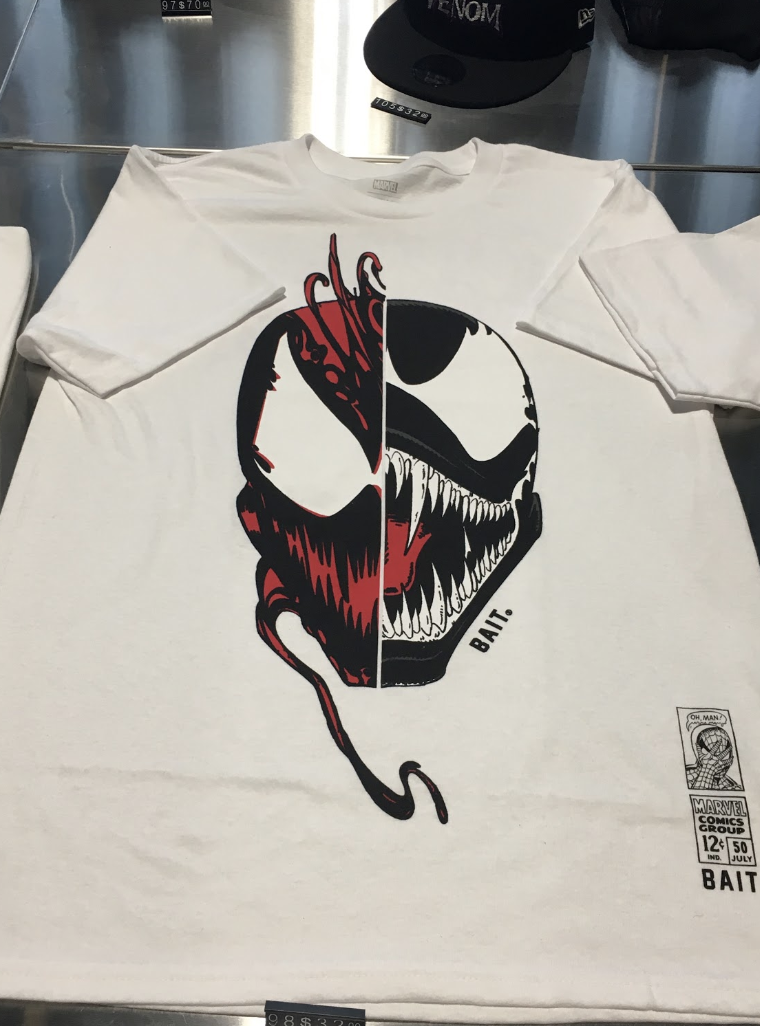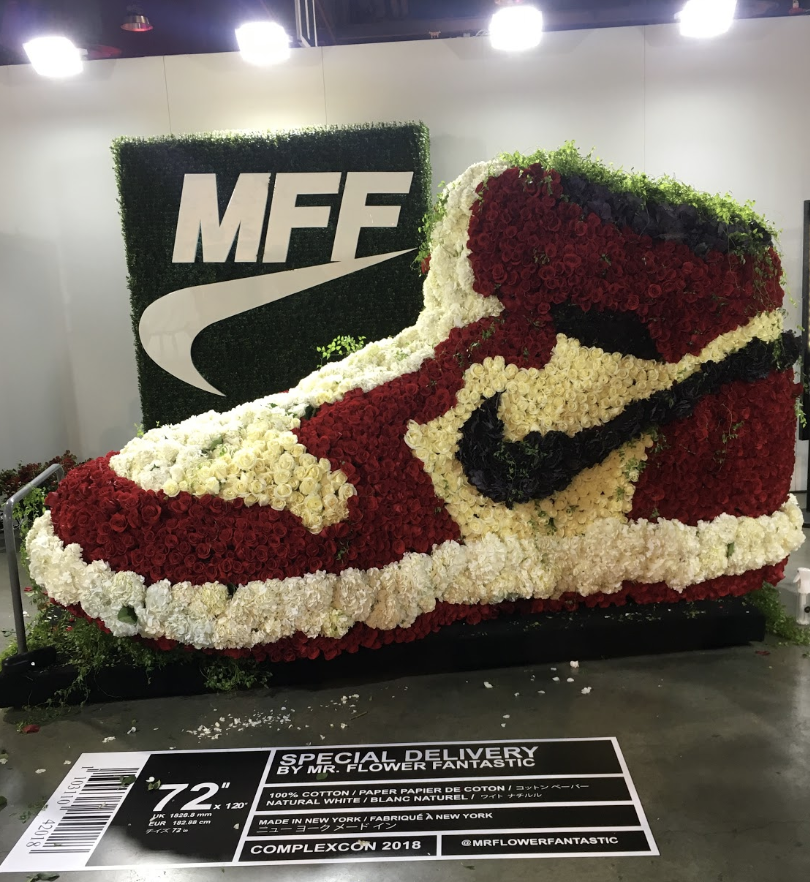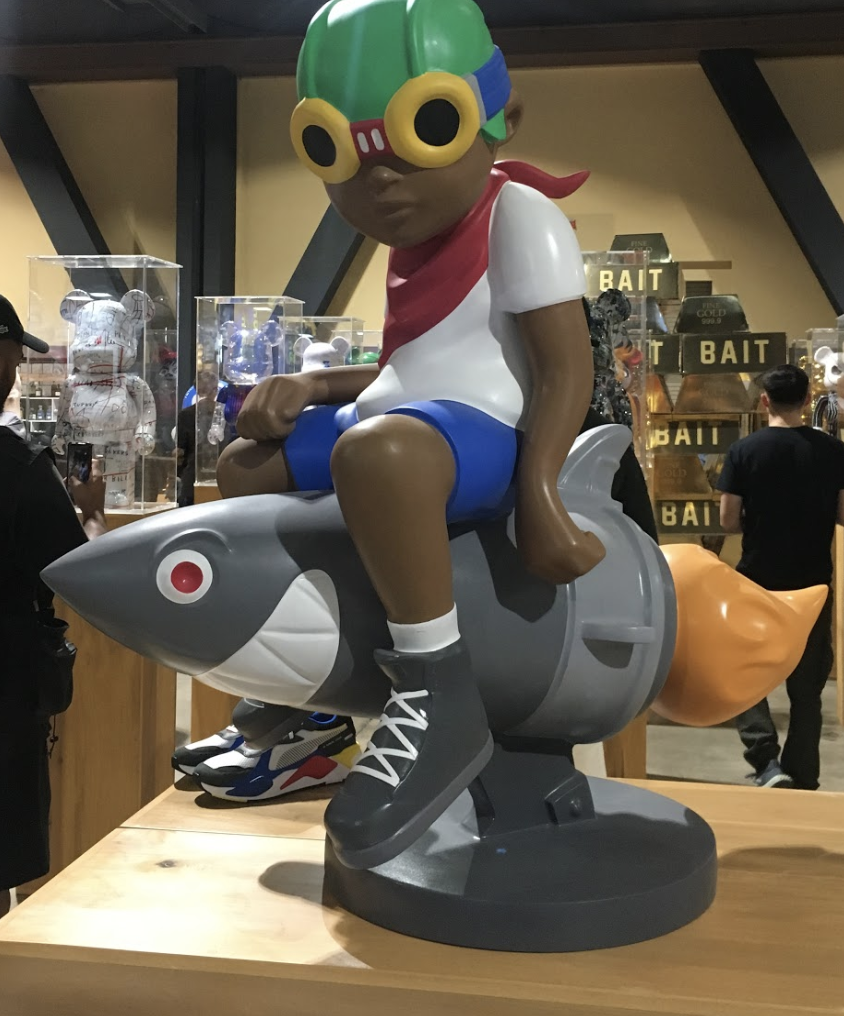Worlds Colliding: ComplexCon and Transforming Media In-Real-Life
By Nico Petry-Mitchel
Pharrell Williams co-hosted ComplexCon 2018 with legendary artist Takashi Murakami. Along with the two superstars, hundreds of highly curated brands on the main floor gave the atmosphere an intangible energy that radiated through the crowd. As a first time attendee, I admit that I was starstruck when Pharrell randomly passed by me. He disappeared into the crowd even before I formed a complete thought. “He knows something we don’t,” were the only words I could muster.
Wearing the Billionaire Boys Club x N.E.R.D. exclusive gray tee, rocking his very own black color way of the Adidas Solar Glide Hu shoe and some khakis, the outfit was low-key but stellar, because even the host of the most important pop culture gathering of the year has to stay true to himself. Despite being the most recognizable figure in attendance, Pharrell managed to evade the limelight throughout the majority of the event. The scarcity of his appearances reinforced the theme of ultra-exclusivity exhibited by the whole production. It also allowed the ComplexCon phenomena to develop on its own, to build upon a creative space meant to ignite music, art, and fashion into a cultural synergy defined by the very moment and its attendees. We felt the creative touch of Pharrell and Takashi everywhere, but they were just a few of the stars in the show.
Scheduled to take place in Chicago this coming summer, ComplexCon has grown to become one of the most significant cultural events on the planet in just three years. It has made 60,000 people feel like they were at both a music festival and the MoMA, the 21st century World’s Fair and something entirely new at the same time. The platform pulled together multi-talented creatives, influencers and crazed bag-getters from around the globe. Celebrities, sprinkled among the crowd, created an atmosphere of unparalleled hype. Dubbed the “concert for clothes” and the “cultural superbowl,” it was a marketing extravaganza. The coveted brand spaces on the convention floor spared no cost in creating incredible installation art which highlighted product placement. It was a chance to make a defining statement about brand identity and its unique position within the world of ComplexCon.
Upstairs, one could find a presumably older crowd (less interested in waiting in 70-foot lines) in the ballroom spaces for ‘ComplexCon(versations).’ The organized seating arrangement and dim-lighting reflected a more serious tone despite a star studded lineup of speakers and figureheads. Panels ranged from “Women in Streetwear” to “Disrupting the Future: How Collaboration Propels Culture”, “Sneaker of the Year” and others. I was able to attend a handful of these forums myself. The different panel hosts each mediated conversation with flawless execution--able to give equal airtime to every member and still tap into interesting comments or tangents. Yet each panel that I attended remained grounded in two seminal ideas: authenticity and exposure. In 2019 a high concentration of American youth are connected through social media. We share the same cultural platforms rich with words and images. Overtime, Gen-Z’s collective skill of analyzing content through this lens has created narrow lines with which popular or celebrated memes, people, events and ideas can exist. A key to the success or positive reception of certain content is based on how authentic viewers perceive the work to be. In this context, I’m defining authenticity as the degree that the content reflects the identities, experiences, or beliefs of the creator. If what you’re doing isn’t new or someone suspects you’re copying, the comment section will let you know. The different brands and influencers present had passed the rigorous and unforgiving test of authenticity that can be served in one look. Taking it a step further, Idris Sandu, a computer science genius and young entrepreneur on the “Disrupting the Future” panel, said self-exposure is the next step of internet culture.
It’s no surprise that the success of ComplexCon is boosted by the ubiquitous nature of the internet. However, the word “culture” is polarized, seemingly because of social media. But, on the flipside, without social media, the aspects of culture which are deemed authentic would not be exposed to wider audiences. This allows for “fake” people or imposters to be exposed in the public eye, and it raises the question, does equal access to “culture” mean the expansion of what we define as culture? Does this detract from the original meaning or value of the content found in these spaces? Who transforms social media from a tool into a means for conveying false identities or personas? If “real” talent loses its value when fame is only a meme away--and everyone can be a supermodel via social media-- we need platforms like ComplexCon to remind us of the content that underscores what raw, innovative pop culture stands for today.
Despite all of these incredibly interesting and important questions that ComplexCon raises, my personal highlight of the event was interviewing Joe La Puma. I am very grateful for the opportunity because I understand how easy it must be to ignore a random DM from an 18-year-old stan. As the creator and host of “Sneaker Shopping,”Joe has been at Complex for over a decade. His role for the magazine has grown from working as a writer for fashion and trend reporting to covering stories himself, to becoming the current SVP of Content Strategy. We talked about the definition of journalism in 2019, and why success in this industry means immersing oneself in its nuance and history. My last question to Joe, the behind-the-curtain icon and leader in journalism, was why he believed that he stood out. His answer has become like the final pin on my detective board in exploring the significance of ComplexCon:
“We always were a big proponent of convergence culture. A$AP Rocky and Jeremy Scott met on the set of our cover story and they became friends. Our first cover was Uncle Junior from the Sopranos and Nas. We always have drilled to people convergence culture, convergence culture, and now we see Lebron wearing John Elliott and you want to know what Lebron’s wearing, you want to know what he’s listening to. We were taking people from different worlds, pushing them together. That’s exactly where this industry has gone and where it’s going to continue to go. And I think you see it right here at ComplexCon as well, a whole bunch of worlds colliding together under one roof. And we’ve been doing that in print and digital and now in real life.”


